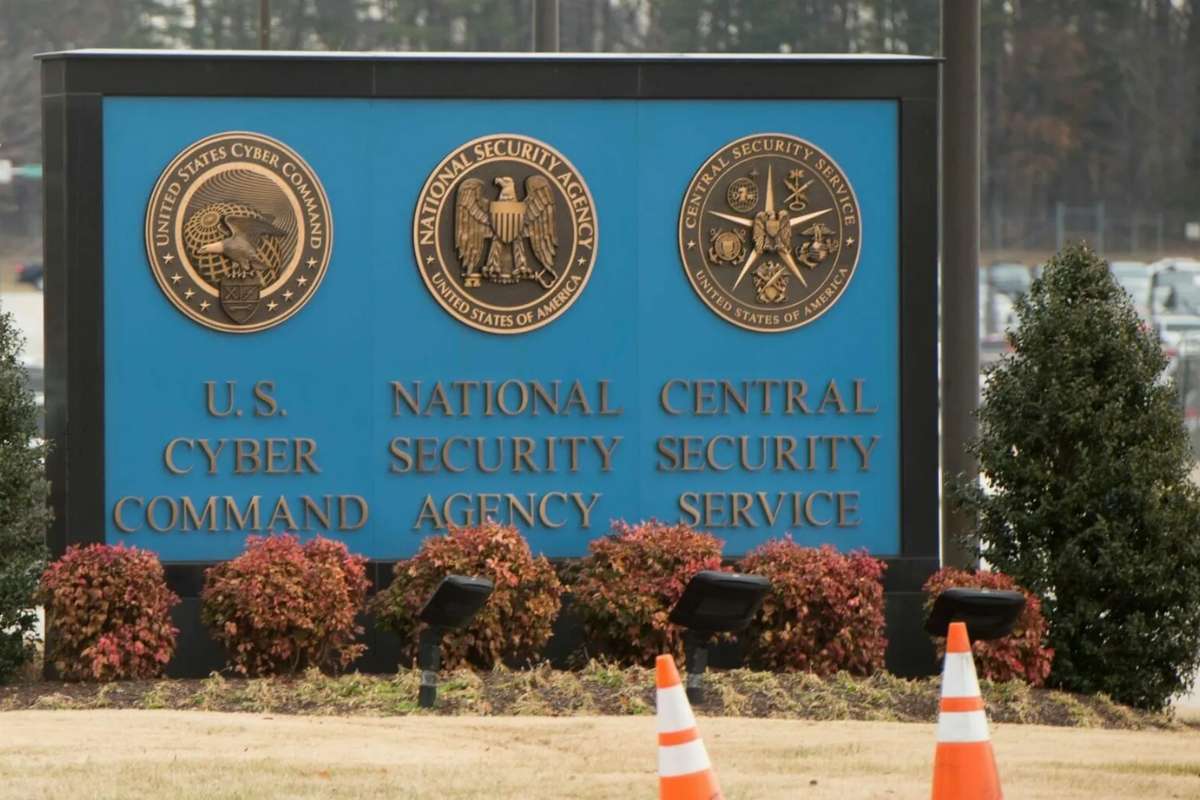Source – bleepingcomputer.com
In a significant cybersecurity breach, Russian antivirus software provider Doctor Web (Dr.Web) was compelled to disconnect all its servers to protect its systems and infrastructure from a cyberattack. The swift action aimed to minimize the threat and safeguard the company’s operations and users. This incident marks another troubling example of the increasing frequency of cyberattacks on firms within the cybersecurity industry.
Doctor Web Takes Quick Action to Contain Attack
On September 14, 2024, Dr.Web experienced a cyberattack that was swiftly identified and addressed by its internal security team. Dr.Web, widely recognized for its antivirus software, immediately took decisive action to halt the spread of the attack and mitigate potential damage. The company noticed signs of unauthorized access to its IT infrastructure on September 16, leading to the detection of the breach.
In response, Dr.Web followed its established security protocols, disconnecting its servers from the network as a precautionary measure. This temporary action resulted in a suspension of virus database updates—a critical service for its users, which helps keep systems protected from emerging malware threats. Despite this short-term disruption, the company reassured customers that the integrity of their systems was maintained.
During the downtime, Dr.Web employed its advanced diagnostic tool, Doctor Web FixIt! for Linux, to conduct an in-depth analysis of the breach. The tool was pivotal in identifying vulnerabilities, isolating the threat, and ensuring that the systems were thoroughly inspected and remediated. The company confirmed that by September 17, after verifying the safety and functionality of their systems, virus database updates had resumed, and normal operations were restored.
Successful Containment and Swift Recovery
Doctor Web’s prompt actions were effective in containing the cyberattack. The company confirmed that no client data was compromised during the incident, and its systems remained secure throughout the process. Their timely response underscores the importance of having a robust incident response plan in place to ensure minimal disruption to services and protect against data breaches.
By addressing the issue head-on, Doctor Web demonstrated its commitment to security and operational resilience. The company’s quick recovery from the attack highlights the strength of its infrastructure and its preparedness in the face of evolving cyber threats. Dr.Web assured its customers that their systems and data were never at risk, emphasizing that the incident was contained without any significant fallout.
In the wake of the attack, Dr.Web continues to prioritize strengthening its defenses, reinforcing its systems, and staying vigilant to prevent future breaches. The company has indicated that, while they have not publicly disclosed the specifics regarding the perpetrators or techniques used, they have taken all necessary steps to secure their infrastructure against similar threats.
Cybersecurity Firms Face Increasingly Frequent Threats
This cyberattack on Doctor Web is not an isolated incident but part of a broader trend of escalating cyber threats targeting Russian cybersecurity firms. Cybersecurity companies themselves have increasingly become targets, as evidenced by earlier attacks on firms like Avanpost and Infotel. These attacks, often attributed to groups such as the Cyber Anarchy Squad, point to the complex cyberwarfare landscape currently unfolding in Eastern Europe.
The targeting of cybersecurity firms indicates that hackers are becoming bolder in their efforts to breach high-security targets. Such companies are often seen as valuable targets due to the sensitive nature of their operations and the vast amounts of data they protect. As these firms are responsible for securing countless other businesses and government agencies, successful attacks can have far-reaching consequences, undermining trust in cybersecurity solutions.






